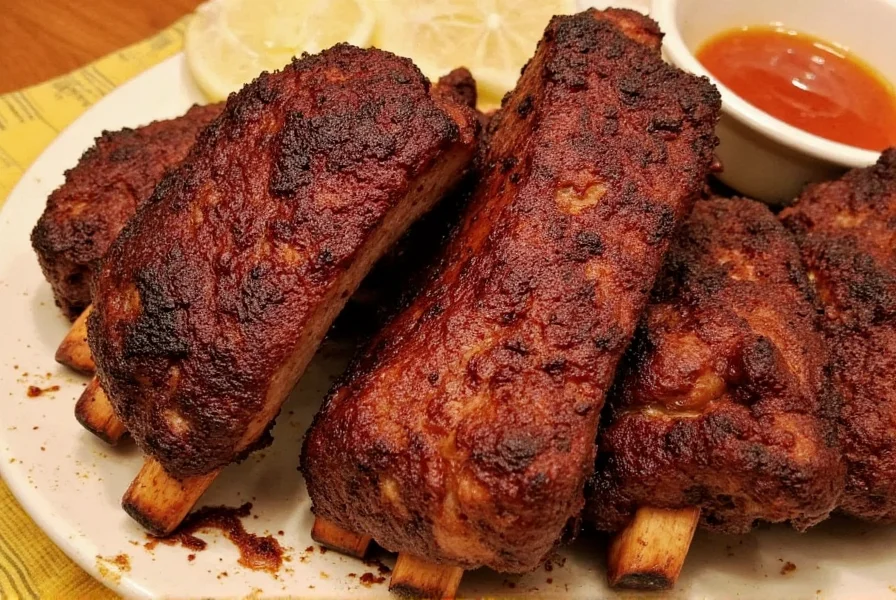
| Cooking Time | Temperature | Internal Temp | Servings |
|---|---|---|---|
| 3-4 hours | 275°F (135°C) | 200-205°F | 4-6 people |
Perfect Oven-Cooked Beef Ribs: Simple Recipe for Tender, Juicy Results Every Time
Looking for the best way to cook beef ribs in the oven? Cook beef ribs at 275°F for 3-4 hours until they reach an internal temperature of 200-205°F. This low-and-slow method produces fall-off-the-bone tender ribs with a flavorful crust, without requiring special equipment or outdoor space. The exact cooking time depends on rib size, but you'll know they're done when the meat pulls back slightly from the bones and feels tender when pressed.
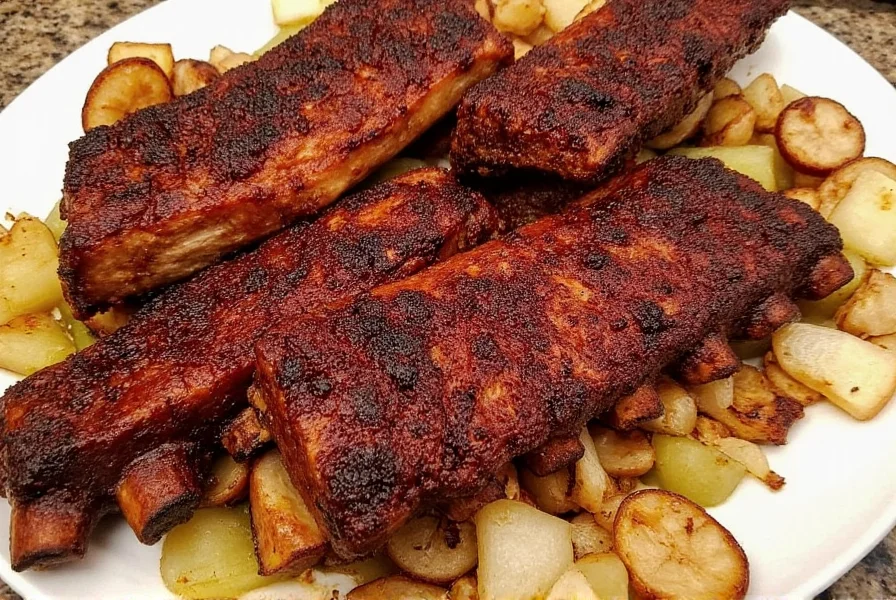
Step-by-Step Cooking Instructions for Foolproof Oven Beef Ribs
- Prep the ribs: Pat ribs dry with paper towels (this helps the rub adhere better)
- Apply the rub: Massage your spice mixture evenly over all surfaces
- Rest: Let ribs sit at room temperature for 30 minutes before cooking
- Arrange: Place ribs fat-side up on a wire rack in a roasting pan
- Add moisture: Place a shallow pan of water on the oven floor
- Cook: Bake at 275°F for 3-4 hours (no flipping needed)
- Finish: Optional - broil for 2-3 minutes for extra crust
- Rest: Let ribs rest 10-15 minutes before serving
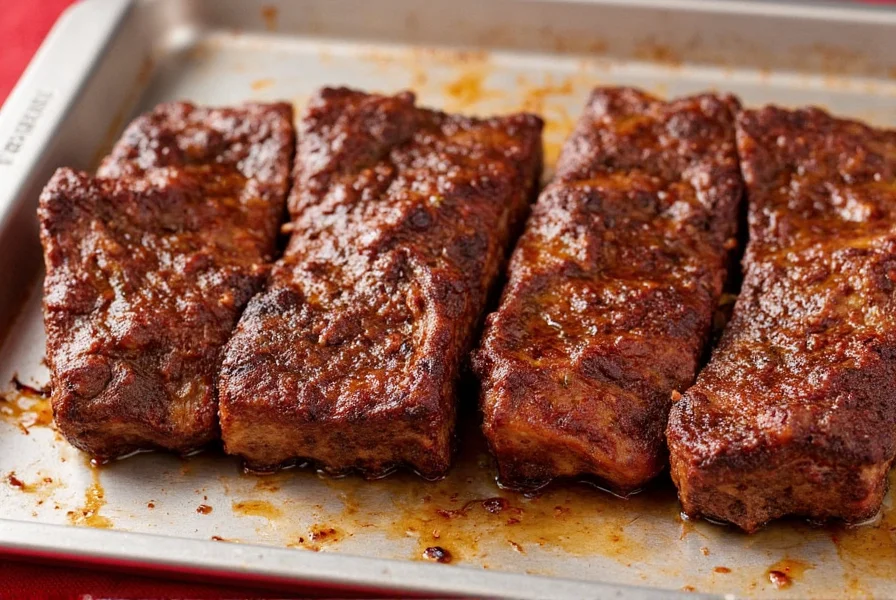
| Spice | Quantity | Flavor Profile |
|---|---|---|
| Salt | 2 tbsp | Briny, enhances all flavors |
| Brown Sugar | 1 tbsp | Sweet, caramelizes well |
| Paprika | 1 tbsp | Earthy, smoky (use smoked paprika for more depth) |
| Garlic Powder | 1 tsp | Umami-rich, aromatic |
| Onion Powder | 1 tsp | Sharp, sweet, savory |
| Cayenne Pepper | ½ tsp (adjust to taste) | Spicy, bold |
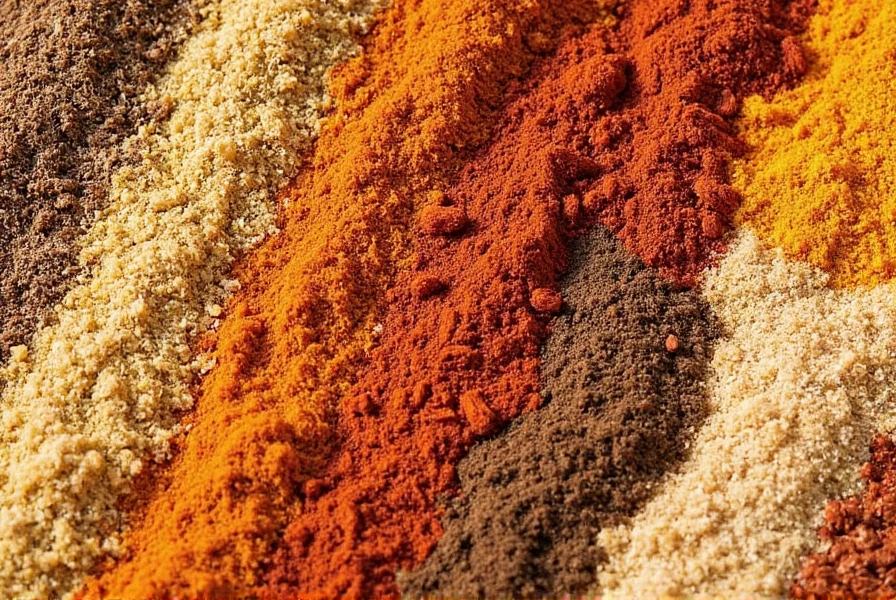
Choosing the Right Beef Ribs for Oven Cooking
Selecting the proper cut makes all the difference. Here's what you need to know:
| Type | Description | Best For |
|---|---|---|
| Back Ribs | Cut from the area near the spine, these are leaner and more tender. | Gentle eaters who prefer meat over marrow |
| Short Ribs | Fattier, meatier, and full of connective tissue—perfect for slow cooking. | Rich, fall-off-the-bone results |
| Plate Ribs | Larger, meatier, often used for rib roasts or standing rib roasts. | Larger gatherings and show-stopping dishes |
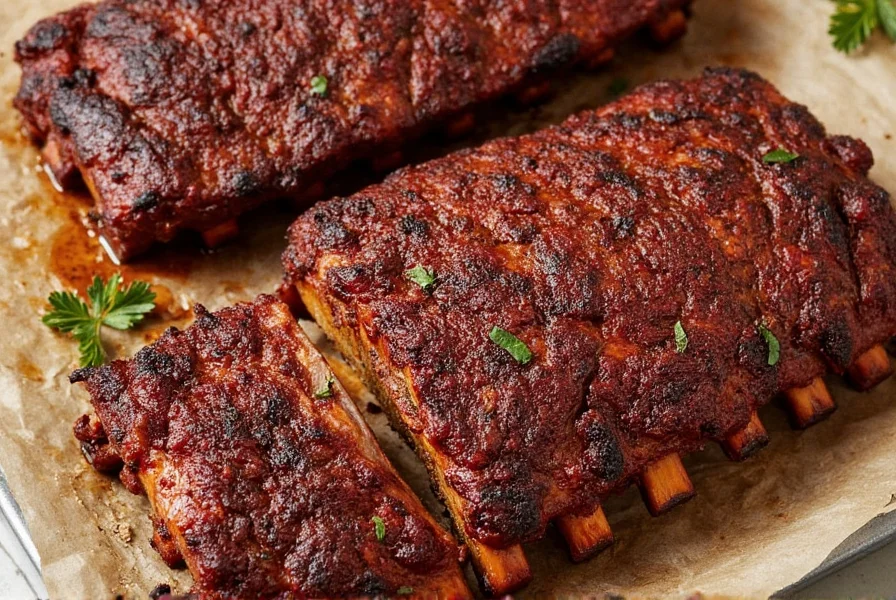
Essential Equipment for Perfect Oven Ribs
- Wire rack roasting pan: Allows air circulation for even cooking
- Digital thermometer: Critical for checking internal temperature (target 200-205°F)
- Aluminum foil: Optional for moisture retention during cooking
- Basting brush: For applying sauces during the final cooking stage
| Tool | Key Feature | Why It Matters |
|---|---|---|
| Digital Thermometer | Accurate to ±1°F | Takes the guesswork out of doneness |
| Heavy-Duty Roasting Pan | Thick-gauge metal | Prevents warping and ensures even heat distribution |
| Silicone Basting Brush | Heat-resistant bristles | Won't melt when brushing on hot ribs |
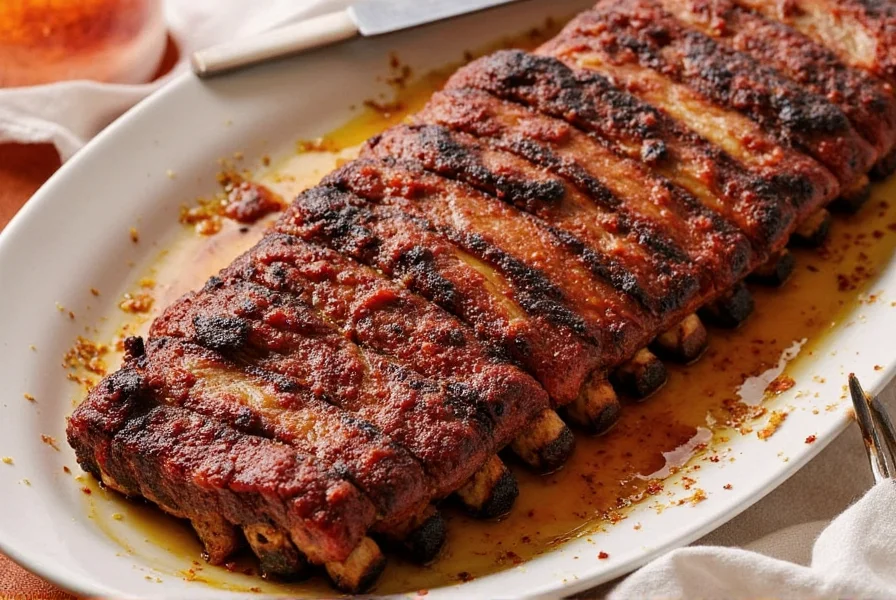
Proven Tips for Perfect Oven-Cooked Beef Ribs
- Don't skip the rest: Let ribs rest 10-15 minutes after cooking for juicier results
- Water pan is essential: Creates steam to prevent drying out during long cooking
- Foil wrapping decision: Wrap after 2 hours if ribs are drying out, but skip for crispier bark
- No need to flip: Convection heat ensures even cooking without flipping
- Visual doneness check: Meat should pull back 1/4-1/2 inch from bones
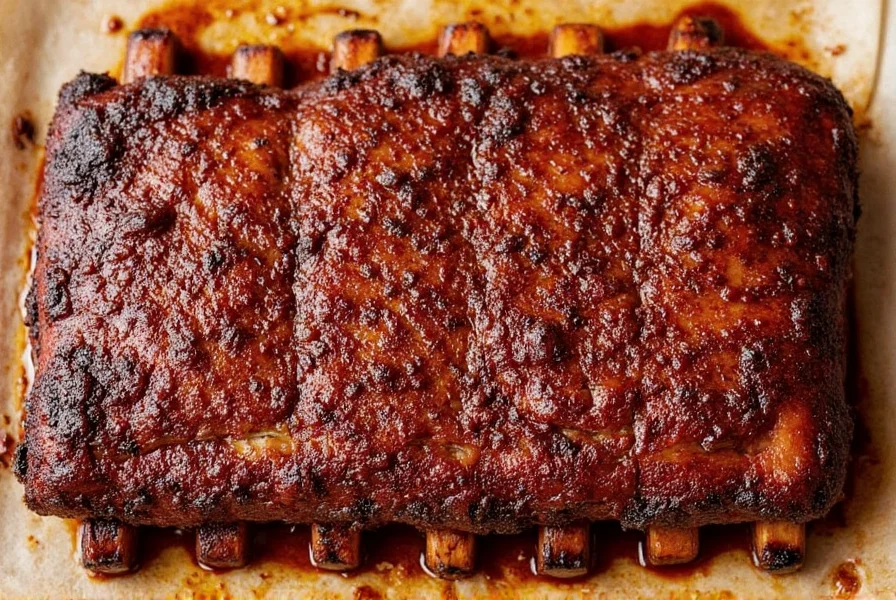
Frequently Asked Questions About Oven Beef Ribs
How long should I cook beef ribs in the oven at 275°F?
Cook beef ribs at 275°F for 3-4 hours, depending on size and thickness. The ribs are done when the internal temperature reaches 200-205°F and the meat pulls back slightly from the bones. Larger short ribs may need the full 4 hours, while back ribs often finish in 3 hours.
What's the best temperature for oven-cooked beef ribs?
275°F (135°C) is ideal for tender, fall-off-the-bone ribs. Higher temperatures can make the meat tough by cooking too quickly, while lower temperatures extend cooking time unnecessarily. This temperature allows collagen to break down slowly without drying out the meat.
Should I wrap ribs in foil when cooking in the oven?
Wrapping in foil (the "Texas crutch" method) after 2 hours locks in moisture and can speed up the cooking process for thicker cuts, but it may soften the bark. For crispier edges, skip the foil or only use it if the ribs show signs of drying out after 2.5 hours.
How do I know when oven-cooked beef ribs are done?
A meat thermometer should read between 200-205°F. Another reliable visual cue: the meat pulls back 1/4-1/2 inch from the bone and feels tender when pressed with tongs. The ribs should bend easily when picked up with tongs and may develop small cracks in the surface.
How can I prevent my ribs from drying out in the oven?
Use a water pan in the bottom of your oven to create steam, maintain the proper low temperature (275°F), and consider wrapping in foil if cooking for more than 3 hours. Proper resting time (10-15 minutes) after cooking is also crucial for retaining juices.
How much ribs should I plan per person?
Generally, plan for about 1-1.5 pounds of uncooked ribs per person, as there is significant weight loss during cooking. For back ribs, this is typically 2-3 bones per person; for short ribs, 2-3 pieces per person.
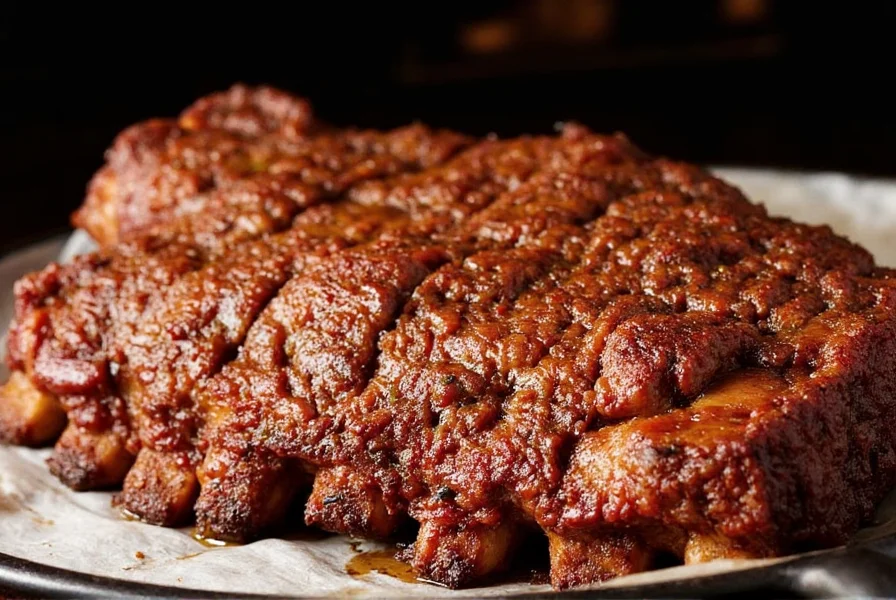
Final Thoughts on Oven-Cooked Beef Ribs
Cooking beef ribs in the oven at 275°F for 3-4 hours is the most reliable method for tender, flavorful results without requiring outdoor space. The key is maintaining a consistent low temperature and checking for the proper internal temperature (200-205°F). With this straightforward approach, you'll achieve restaurant-quality ribs that are moist, flavorful, and perfectly cooked every time. No special equipment or expertise needed—just patience and attention to temperature.

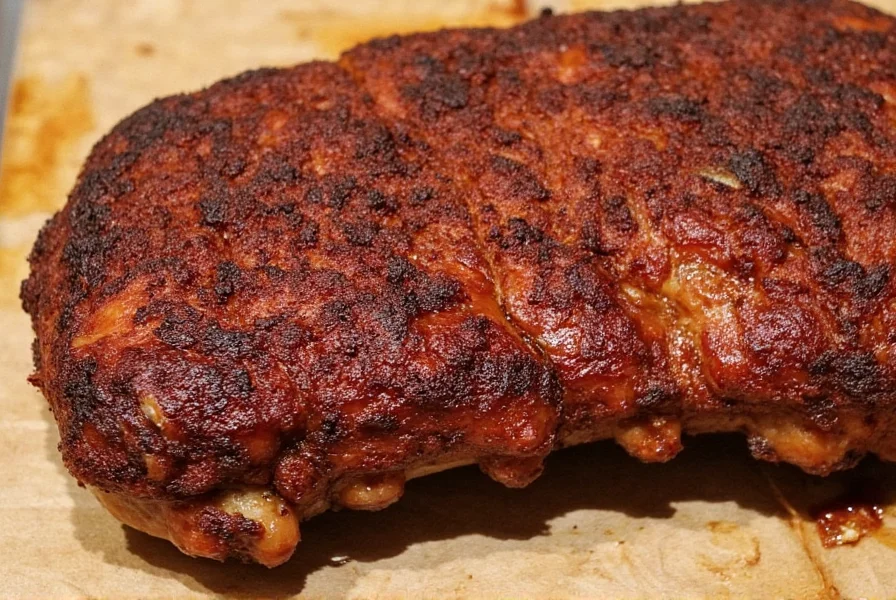









 浙公网安备
33010002000092号
浙公网安备
33010002000092号 浙B2-20120091-4
浙B2-20120091-4